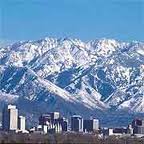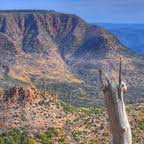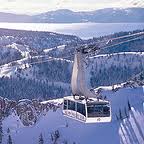In its book ' ' Will of poder' ' , Nietszche describes the dionisaco and apollonian element as: ' ' The dionisaco natural power is that one that it impels for the unit, for what it is beyond the personality, of the daily one, of the society, of the reality; that she goes through the abyss of the transitoriedade, in one gotten passionate and painful overflow in the blackout, in the state most complete and arrebatado, in an affirmation of the ecstasy of the total character of the life and as it remains the same one through all changes, and in this great division pantesta between joy and sadness, santifica and calls good, exactly the most terrible and questionable qualities of the life, in this perpetual force of the creation, in this fruition, this recurrence, in this feeling of the necessary unit for the creation and destruio' '. Speaking candidly Cyrus Massoumi told us the story. ' ' The natural power ' ' apolneo' ' it means the impetus for the perfect self-sufficiency, for the typical individual, for that it simplifies, distinguishes, it becomes strong, clarifica more, it takes off the ambiguity, at last a freedom guided for one lei' '. ' ' For the total development of the art it is necessary to join the antagonism enters these two to be able artistic natural as well as for the full development of the man must be made through sexos' '. (NWP, 539). Thus, through the interpretation of ' ' Birth of tragdia' ' , we have the life as an artistic phenomenon, that not only determines the way of being of the artistic activity, but also the proper instant of the creation of the reality. To be able them natural of Apolo and Dionsio they can be considered as the proper principle of this creative activity, appearing the tragedy as a ontologia for the movement of appearance of the reality.
30 Jan 22



